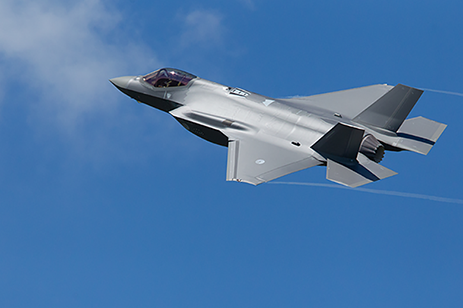Transmitters must dissipate sufficient heat to stay cool enough to operate within specified error margins and avoid damage or shutdown. This is becoming more problematic with modern transmitters that are implementing more advanced features that result in an increase in heat generation. At the same time, there is pressure to reduce the size of devices to ensure equipment can fit into space-constrained platforms, meaning it is more challenging to implement some cooling strategies, such as heat sinks and fans.
One possible solution is to use a lower-power transmitter, but this relies on finding some way of improving link performance so that the signal quality remains good enough to transmit the required data successfully. Using a forward error correction (FEC) algorithm has the potential to do this. This white paper explores the practicality of transmitter thermal management, the benefits and trade-offs of using FEC, and some test results of using FEC as a possible alternate thermal control mechanism.
Paul Cook
Director of Missile Systems, Curtiss-Wright Defense Solutions
Paul Cook is the Director of Missile Systems at Curtiss-Wright Defense Solutions. He has 37 years of extensive design and product line experience in Telemetry Systems. He has held engineering and management positions in design and development, embedded encryption, RF subsystems and data links, engineering and business management, and program management. He has 34 years of experience in the telemetry industry and three years in information assurance Type I CCEP certifications. Paul joined Teletronics in 2007 and, in addition, worked in the telemetry Industry for General Dynamics Corporation, Aydin Corporation, and L-3 Communications Corporation. Paul obtained a BS degree from The College of New Jersey and has various postgraduate courses towards an MBA and program management certifications.
Stephen Willis
Product Marketing Manager
Stephen Willis is the aerospace test and measurement Product Marketing Manager at Curtiss-Wright Defense Solutions. He has a degree in Electrical Engineering, a Masters in Philosophy for research in mathematical models and their market application for risk assessment, and a PG Dip in marketing and management. His current research interests include data acquisition, recording, and control systems and their applications in enabling a cost-effective route to gather large amounts of data. In particular, applications of interest include flight test, crash-protected recording, and structural/usage monitoring programs. He is the author of several academic papers and magazine articles.



